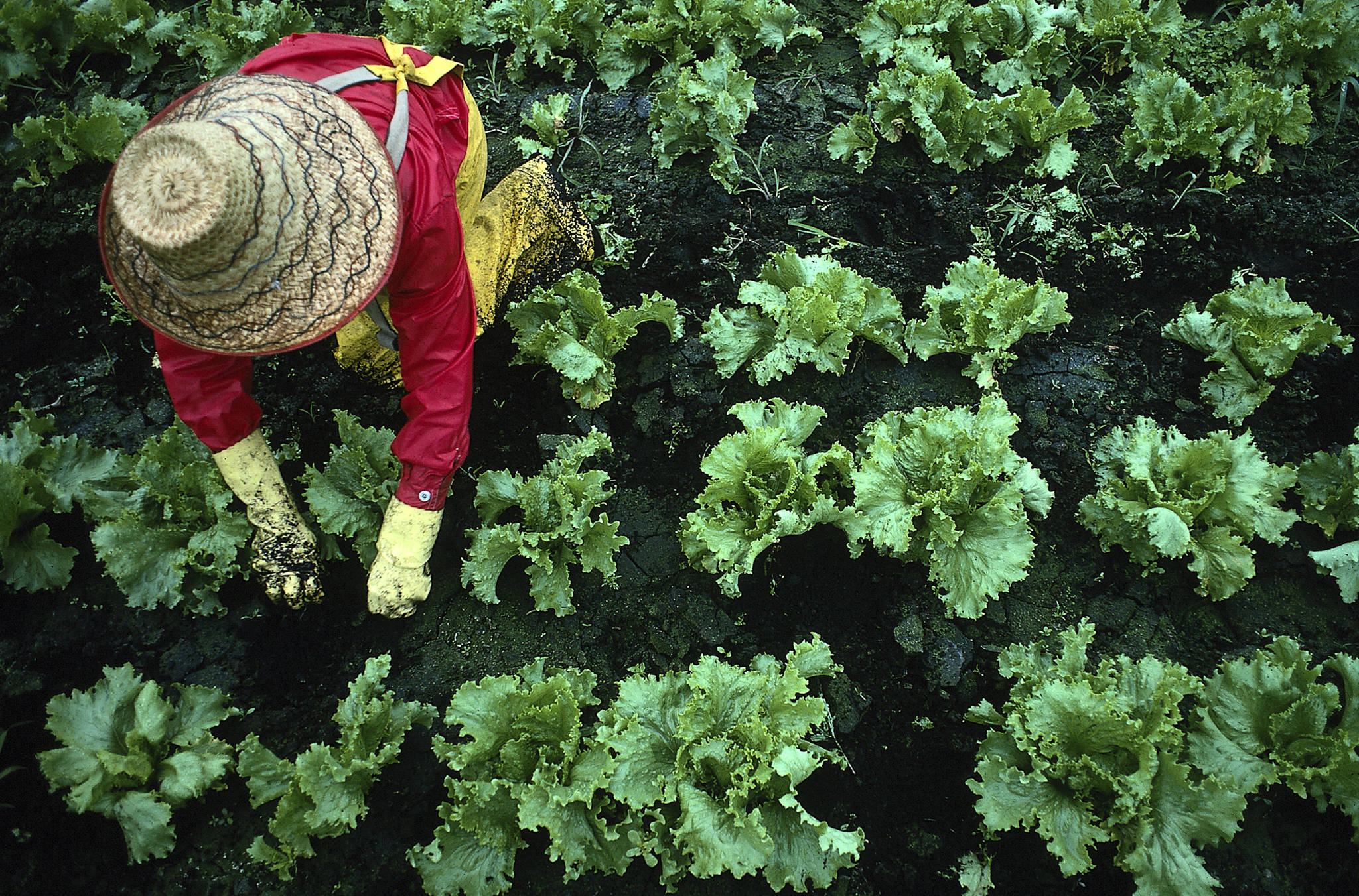Unlike most people who attended the Alaska Design Forum’s workshop, I hadn’t read any of Joel Salatin’s books. I barely knew his name.
I was drawn to the workshop by the subject matter; creating a self-sustaining food culture and restoring land through agriculture. I didn’t realize how famous he was until the person sitting beside me confided that she wanted to go over and talk to him. She hesitated because she felt she’d end up standing beside him in a star-struck pose, unable to say anything. I remember thinking, “Oh. Wow. He’s a big deal.”
Although he has a large-scale family farm, Salatin narrowed his focus to the individual. He encouraged us to participate in the food we eat. To accomplish this task, he suggested raising small livestock. In a loop, the animals produce manure, which composts to feed the vegetables, which ends up as a protein supply.
Salatin used humor to emphasize how removed we are from our food by mentioning the woman who was surprised that chickens had bones or the kids who wanted to see the salsa tree. Although we might smile at these examples, I was approached this weekend by someone who asked me if I really knew how to cut up a chicken.
Another suggestion by Salatin was that we spend more time in our kitchen to increase our knowledge of food preservation to become home-centric. To revert to prior skills that allow you to go down to the root cellar to shop. Picking up canned jars of food, rather than relying on the store. To find these food treasures, he recommended putting away media to give us time to explore other entertainment.
During the workshop, Joel Salatin focused on the six components of a local food system. His premise is that to be successful, all facets need to be in place. These include producers, processing, accounting, marketing, distribution, and customers.
Later, the group applied those ideas to the reality of Southeast Alaska. Unlike his farm in Virginia, Juneau is not filled with farmers aging out, who wish to pass on their land and skills to someone younger. Salatin said our higher need versus availability creates pull marketing. Instead of having production pushed toward us, higher need leads to increased innovation and a creativity in building opportunities to achieve higher production.
He mentioned Allan Savory, who proposed a radical idea to the Zimbabwean Parliament. With multiple goals that included increased food security and employment, as well as rebuilding depleted soil, Savory proposed a tax rate with deductions for actions that achieved these aims. You could get exemptions if you produced a food item. Further deductions occurred if you produced two food items, you hired employees, or you agreed to a silt monitoring device that measured erosion at the lowest point on the farm.
Although this plan was ultimately rejected, Salatin suggested that this type of outside the box thinking is needed to solve the production problems we identified in Juneau. He encouraged us to work within our community to set goals and then to work within the system to move towards them.
As the workshop wound down, I eyed the woman who had expressed her initial intimidation. After a thoughtful five hours, I could understand why someone would be in awe of Mr. Salatin.
• Corinne Conlon is a freelance writer based out of Juneau. She can be reached at dirtgirlgardening@gmail.com.

